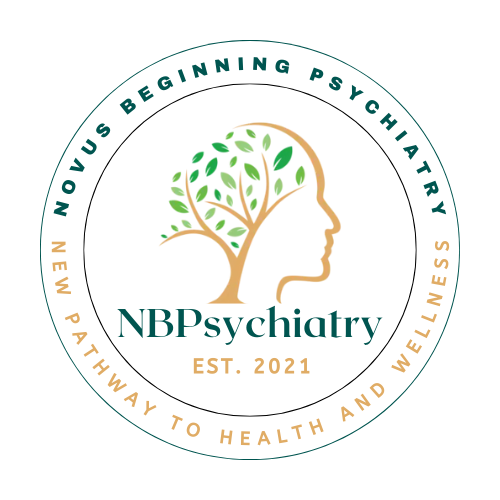Couples/Family Therapy in Sugar Land

Why Couples Seek Therapy?
Every relationship faces ups and downs. Some couples come to therapy after years of disconnection, while others reach out early to prevent deeper problems. No matter your story, seeking help is a sign of strength.
Common reasons couples start therapy include:
Constant arguments or unresolved conflict
Feeling distant or emotionally disconnected
Lack of communication or understanding
Trust issues, including infidelity or dishonesty
Life changes, parenting stress, or financial strain
Intimacy concerns or mismatched expectations
Considering separation or struggling to move forward after a major event
How Couples Therapy Can Help?
Communicate more clearly and respectfully
Identify and break unhealthy patterns
Manage disagreements without damaging the relationship
Rebuild emotional and physical intimacy
Set healthy boundaries
Reconnect with shared goals and values
Is Couples Therapy Right for You?
You want to work through specific issues together
You feel stuck and don’t know how to move forward
You’re looking to deepen your emotional connection
You want to make your relationship stronger before big life changes (marriage, having children, etc.)
You’re considering ending the relationship and want clarity
You don’t need to be in crisis to benefit from therapy. Many couples find that regular support helps prevent major issues and brings them closer over time.
Why Choose NB Psychiatry for Care?
Personalized Approach
We know that everyone is unique, and that includes their treatment needs. We make special plans just for you. We consider your individual challenges, goals, and situation to help you heal in the best way.
Caring Place
Our practice is a kind and safe place. We want everyone to feel listened to, important, and supported as they go through their journey. Our goal is to help every person feel comfortable sharing their feelings and worries.
Keeping Your Information Safe
Your privacy is very important to us. We work hard to keep your personal information safe, so you can feel happy and secure when you talk to us.
Experienced, Board-Certified Psychiatrist
Dr. Nibras is the best doctor who helps people with their feelings and minds. He has helped many people for a long time and knows a lot about how to make them feel better. You can trust him to help you get the care you need!
Private, Judgment-Free Care
We offer private, judgment-free care, ensuring that you receive direct and confidential support.
Timely Appointments
We know it’s important to get care quickly. That’s why we offer appointments in just a few days, not weeks, so you can start feeling better without waiting too long.
Conveniently Available
We are proud to help people in the Sugar Land, Katy, and Houston areas. You can come to see us in person or talk to us online, whichever you like best!
What Our Patients Are Saying
Find Us Easily
FAQs
1. What is couples therapy, and how can it help us?
Couples therapy is a form of counseling that helps partners better understand each other, improve communication, and work through challenges together. It provides a safe space to talk, rebuild trust, and strengthen your relationship.
2. Can we come in if only one of us wants therapy?
Yes, you can. While it’s ideal when both partners are willing to participate, even one person attending can begin to shift the relationship dynamic in a positive direction.
3. What kind of issues can we bring to therapy?
Couples come to therapy for many reasons, including frequent arguments, lack of communication, infidelity, parenting conflicts, emotional distance, or simply feeling stuck. No issue is too big or too small to address.
4. How long does couples therapy usually last?
The length of therapy depends on your goals and the complexity of the issues you’re facing. Some couples benefit from just a few sessions, while others continue for several months. We’ll check in regularly to assess your progress.
5. Can we do therapy online?
Yes! We offer secure telepsychiatry sessions, so you can attend therapy from the comfort of your home. It’s a great option for busy schedules or long-distance couples.
6. How do we get started?
Getting started is simple. Just contact us to schedule an initial consultation. We’ll talk about what’s going on and recommend the best path forward for your relationship.


